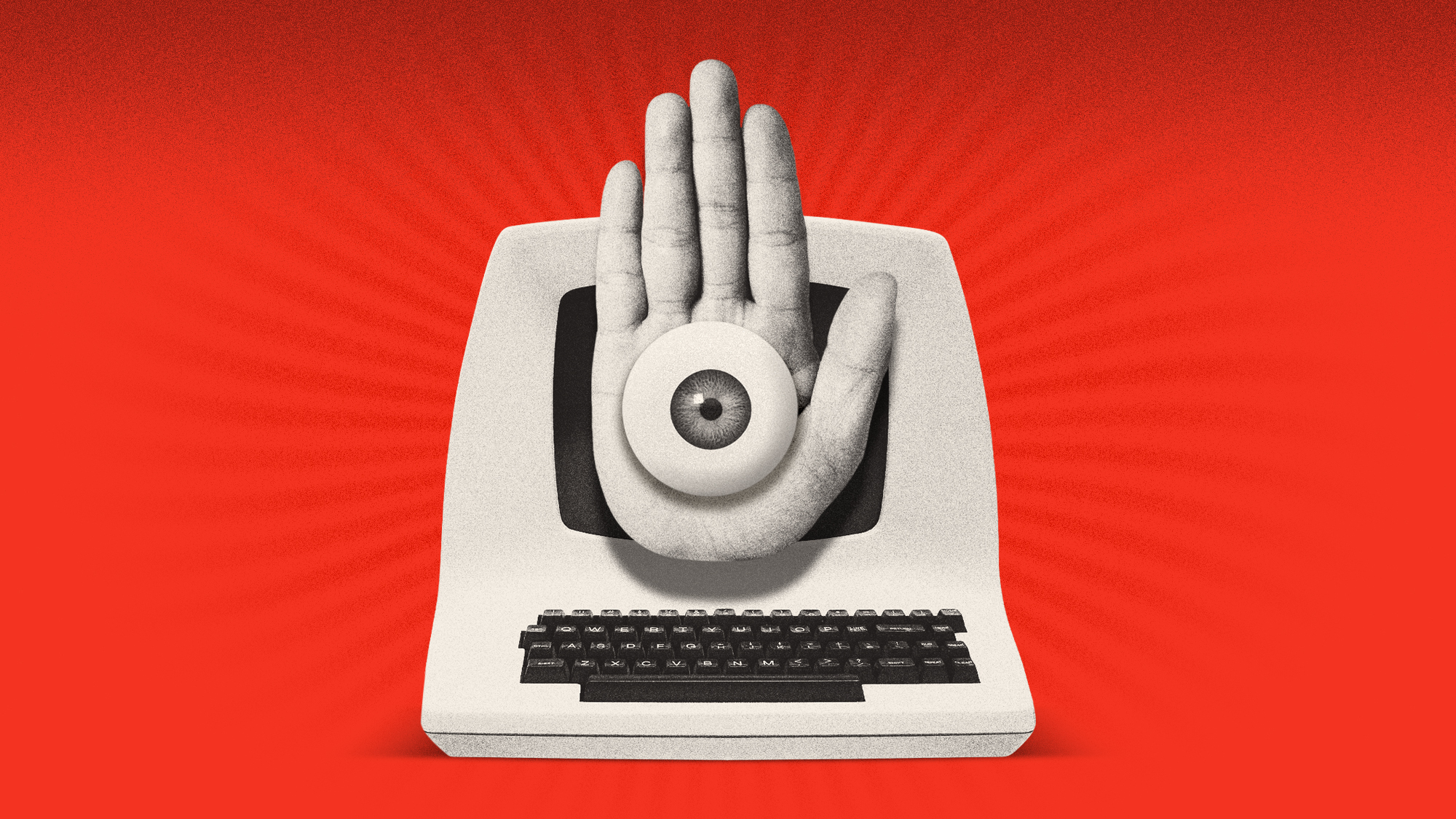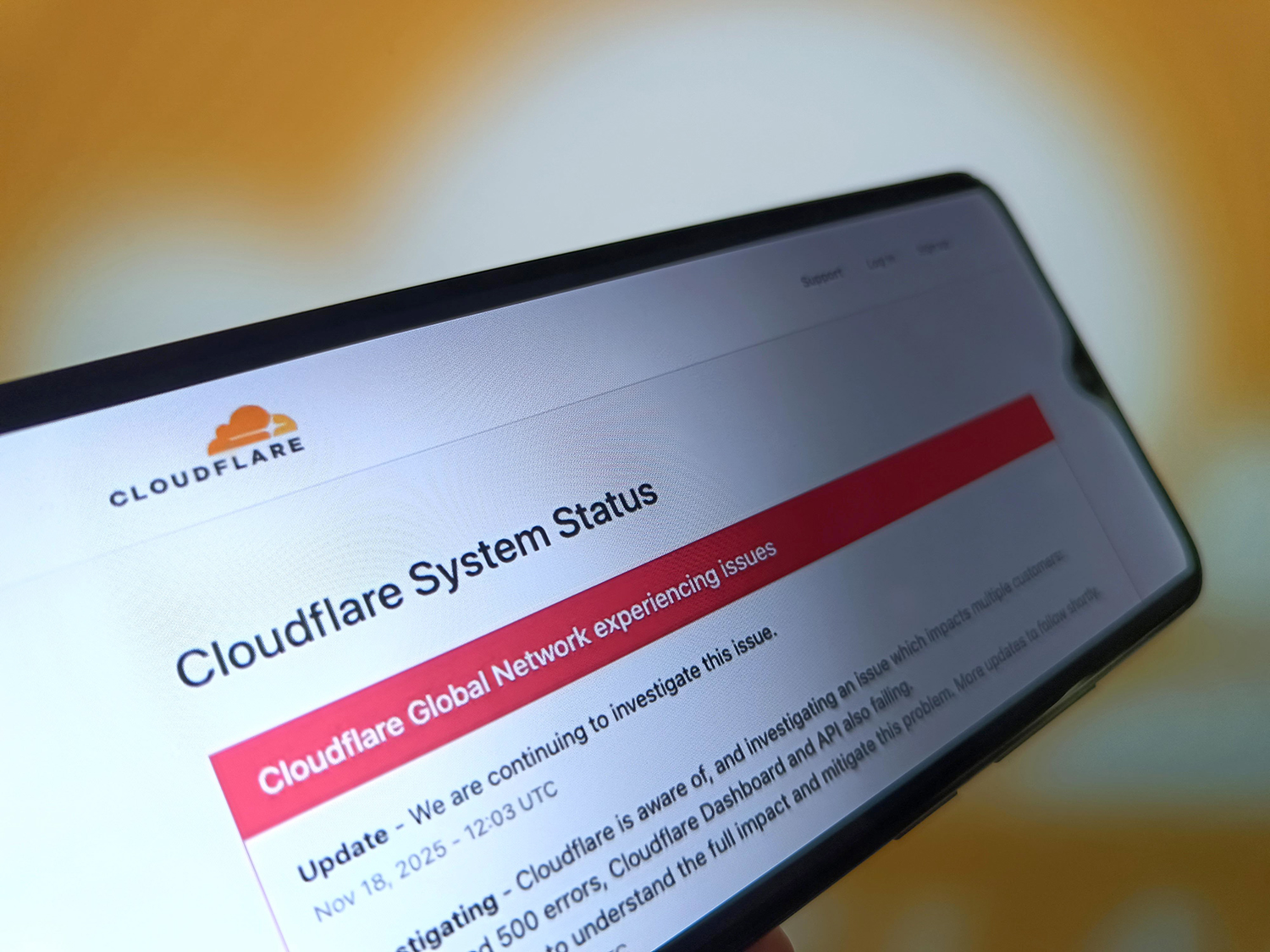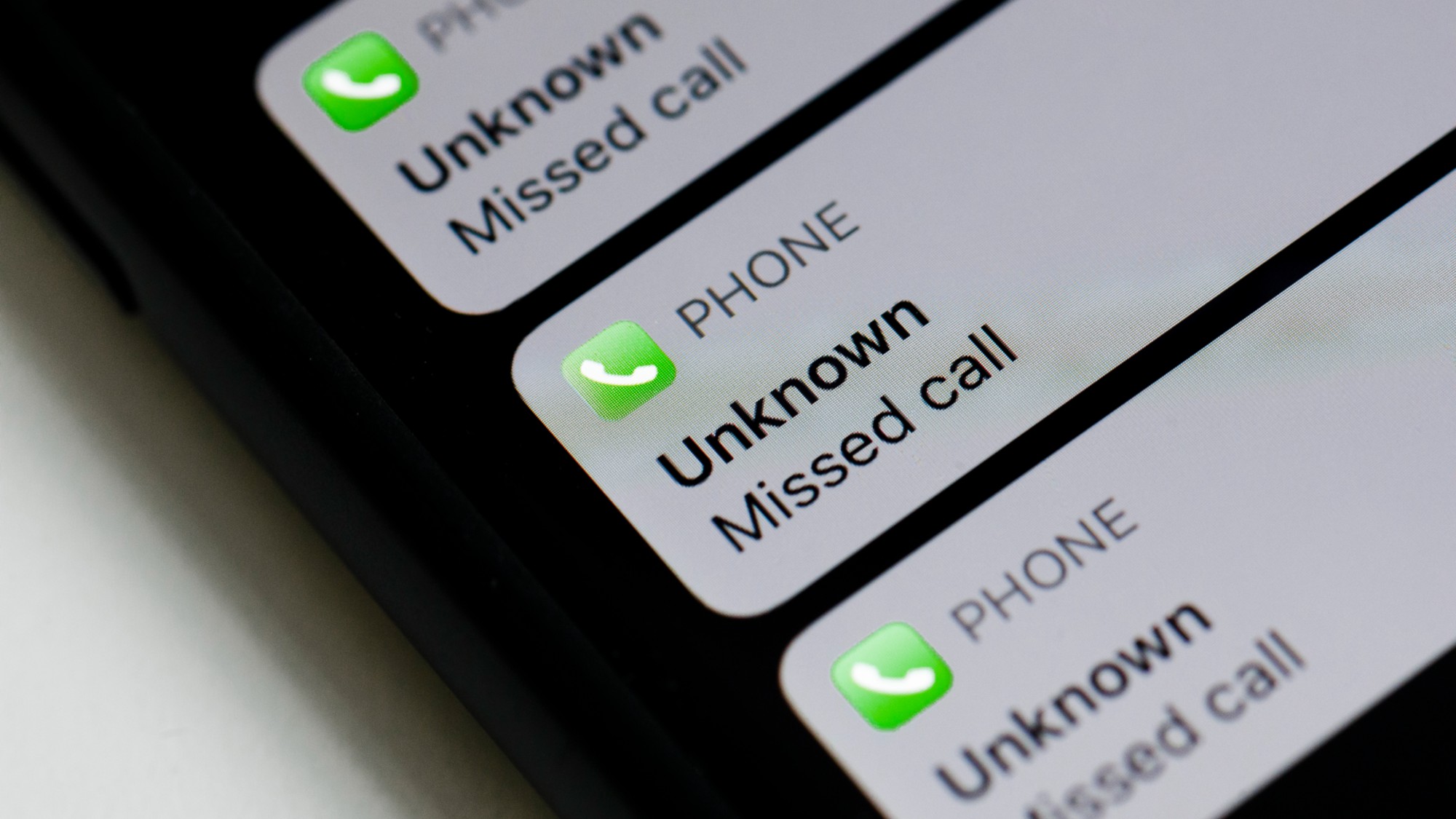Will online age checks doom internet freedom?
Or do they protect children from harm?


A free daily email with the biggest news stories of the day – and the best features from TheWeek.com
You are now subscribed
Your newsletter sign-up was successful
The internet is no longer the Wild West. In the United States and around the world, online age verification laws are being used to keep kids from seeing harmful or age-inappropriate materials — a trend critics say creates a "less secure, less private and less free internet."
More than 20 states have passed verification laws, said The Associated Press. That could have "significant impacts on the speech and privacy rights of adults," said the Cato Institute's Jennifer Huddleston, because the only way to ensure people under 18 are not seeing restricted materials is to "also age verify everyone over the age 18." In the United Kingdom, a new verification law aimed at restricting access to pornography has prompted Reddit, X, Telegram and Bluesky to also implement age checks, said the AP, while Mississippi now requires age checks to access social media sites. The growing restrictions could eventually require users to verify their ages to "access anything, from Netflix to a neighborhood blog."
What did the commentators say?
The "age-gating" laws intended to make the internet safer "actually threaten free speech," the University of Manitoba's Neil McArthur said at The Conversation. While their purpose is "admirable enough," the effort comes with a "massive cost." Many sites require users to upload photos of their government-issued identification cards "without knowing if their data is secure." That exposes the data to leaks and hacks. American states are also using the laws to restrict access to information about "abortion, sexual health and LGBTQ identity." More laws are coming fast. It is "not too late to take a stand against them."
The Week
Escape your echo chamber. Get the facts behind the news, plus analysis from multiple perspectives.

Sign up for The Week's Free Newsletters
From our morning news briefing to a weekly Good News Newsletter, get the best of The Week delivered directly to your inbox.
From our morning news briefing to a weekly Good News Newsletter, get the best of The Week delivered directly to your inbox.
Age checks are a "long overdue" tool to "bring online adult content in line with offline protections for minors," said Iain Corby, executive director of the Age Verification Providers Association, at The Hill. Americans are already asked to show their IDs to "buy alcohol, enter a casino or watch an R-rated film in a theater." The laws "aren't about banning speech." Instead, they affirm that "some content is for adults only and that children should be protected from harm."
What next?
The new requirements are "potentially driving people to seedier corners of the web," said The Washington Post. After the British law went into effect, traffic to adult sites that required users to prove their age "collapsed," while sites that disregarded the rule have been "rewarded with a flood of traffic." Another result: VPN apps, which allow internet users to "pretend they're logging in from another country," went straight to the top of the U.K.'s app store download charts.
"It's no easy feat" for tech companies to implement age verification, said The Wall Street Journal. A coalition of tech companies is challenging the Mississippi law, while bracing for the possibility that a nationwide age verification law could pass Congress. The tension between privacy and safety will continue. "If companies are going to be required to do age verification," said Aliya Bhatia of the Center for Democracy and Technology to the Journal, "they must do so in a rights-respecting way."
A free daily email with the biggest news stories of the day – and the best features from TheWeek.com
Joel Mathis is a writer with 30 years of newspaper and online journalism experience. His work also regularly appears in National Geographic and The Kansas City Star. His awards include best online commentary at the Online News Association and (twice) at the City and Regional Magazine Association.
-
 Political cartoons for February 15
Political cartoons for February 15Cartoons Sunday's political cartoons include political ventriloquism, Europe in the middle, and more
-
 The broken water companies failing England and Wales
The broken water companies failing England and WalesExplainer With rising bills, deteriorating river health and a lack of investment, regulators face an uphill battle to stabilise the industry
-
 A thrilling foodie city in northern Japan
A thrilling foodie city in northern JapanThe Week Recommends The food scene here is ‘unspoilt’ and ‘fun’
-
 Is social media over?
Is social media over?Today’s Big Question We may look back on 2025 as the moment social media jumped the shark
-
 Blackouts: Why the internet keeps breaking
Blackouts: Why the internet keeps breakingfeature Cloudflare was the latest in a string of outages
-
 AI agents: When bots browse the web
AI agents: When bots browse the webfeature Letting robots do the shopping
-
 How the online world relies on AWS cloud servers
How the online world relies on AWS cloud serversThe Explainer Chaos caused by Monday’s online outage shows that ‘when AWS sneezes, half the internet catches the flu’
-
 Digital addiction: the compulsion to stay online
Digital addiction: the compulsion to stay onlineIn depth What it is and how to stop it
-
 Big Brother is watching: Wi-Fi signals can track you in your home
Big Brother is watching: Wi-Fi signals can track you in your homeUnder the radar It could open the door to mass surveillance
-
 Is AI killing the internet?
Is AI killing the internet?Talking Point AI-powered browsers and search engines are threatening the death of the open web
-
 Did you get a call from a government official? It might be an AI scam.
Did you get a call from a government official? It might be an AI scam.The Explainer Hackers may be using AI to impersonate senior government officers, said the FBI
